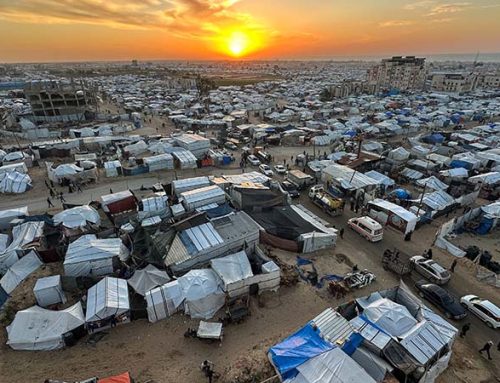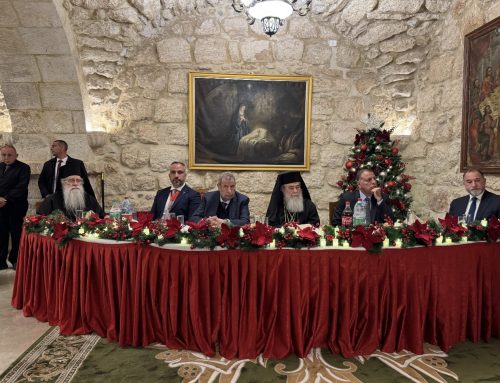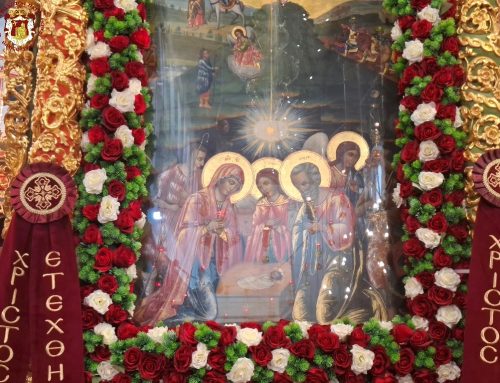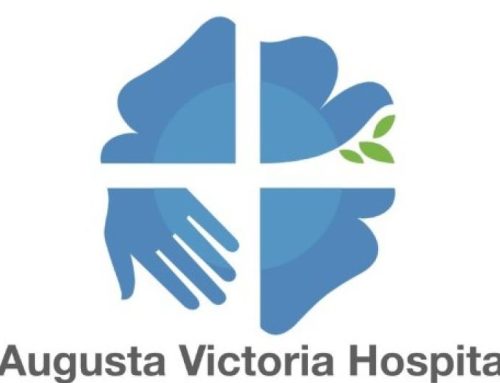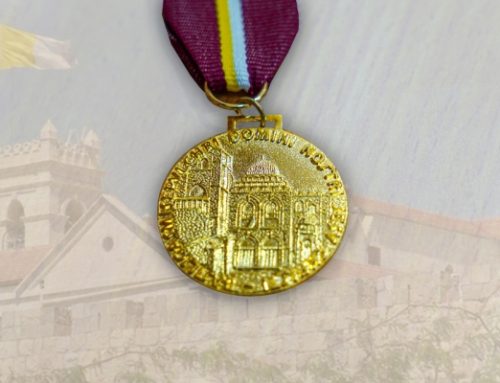Fr Paul talks about the town’s reconstruction by local workers. The plan will first deal with houses with minor damages. If the aid continues, the work should continue “smoothly”, but more money is needed to rebuild the most damaged houses. “We shall rise again when we return to Karemlash,” many residents say.
Erbil (AsiaNews) – “God willing”, the return of the first group of Christian refugees from Karemlash will take place “at the end of this month,” said Fr Paul Thabit Mekko. Karemlash is one of the towns in the Nineveh Plain held for a long time by the Islamic State (IS) group.
The clergyman spoke to AsiaNews about the reconstruction work that began a few months ago, which could lead to the long-awaited return of displaced families.
“The ongoing plan should go ahead without any problems as long as donors and NGOs continue to contribute,” said Fr Paul, who has been monitoring the work in Karemlash in person.
Although cautiously optimistic, Fr Paul noted that “nothing has been done so far” in terms of the overall reconstruction of the town. To achieve this, “more aid is needed to speed up work,” he added. “We must hurry up; otherwise, will and enthusiasm might weaken.”
The first goal is to “repair homes with minor damages”, which can be done quickly. However, there are many needs and that is hard to do. “We need food, medicine, and electrical generators to purify water.” The latter is becoming more urgent with the coming of summer and higher temperatures.
In addition to the reconstruction work in Karemlash, Fr Paul runs the ‘Eyes of Erbil’ camp on the outskirts of the capital of Iraqi Kurdistan. The city has welcomed hundreds of thousands of Christians, Muslims and Yazidi who fled IS brutalities.
The camp itself is home to 140 families, about 700 people, divided in 46 small units. It also has a facility to store and distribute aid, as well as a kindergarten and a school.
The funds raised so far for Karemlash’s rebirth come from the Chaldean Patriarchate, plus contributions from local and international donors.
“There are many needs,” Fr Paul noted. “For this reason, we renew our appeal for help, noting that reconstruction needs everyone’s support, both material and non-material, including prayer.”
The initial plan is to fix a first group of 50 houses that were partly damaged after IS’s invasion. Repairing “These houses costs less because they only need fixing the doors, windows or other parts with minor damage.”
The Karemlash reconstruction office, run by the Chaldean Patriarchate through the Chaldean League, awarded “reconstruction jobs to people from Karemlash. Some of them travel the road every” between Erbil and the town in the Nineveh Plain.
However, “the parish has set up a centre for workers who prefer to stay in the town, offering them food and sleeping quarters. This way time can be saved and reconstruction proceed more quickly. “
Fr Paul explained that the biggest problem is rebuilding burnt down houses for which “there is still not enough money.”
Nevertheless, the first steps to rebuild Karemlash “are a source of hope” for this and other towns in the Nineveh Plain and this has “created an atmosphere of enthusiasm for a possible return.”
The Chaldean Church itself, through Patriarch Sako, has encouraged everybody “to go faster and finish the work as soon as possible”. The prelate has called on refugees “to be patient and keep faith and hope” for a future of “peace and security”.
For Fr Paul, going back means “finding again one’s own existence and having again a life, an identity, a spirituality that seemed lost.”
For most families, the main refrain is “We shall rise again when we return to Karemlash. We shall have a roof only when we can return to our homes. Although here in Kurdistan we are no longer in tents, the real home is Karemlash.”
Source: Asia News


